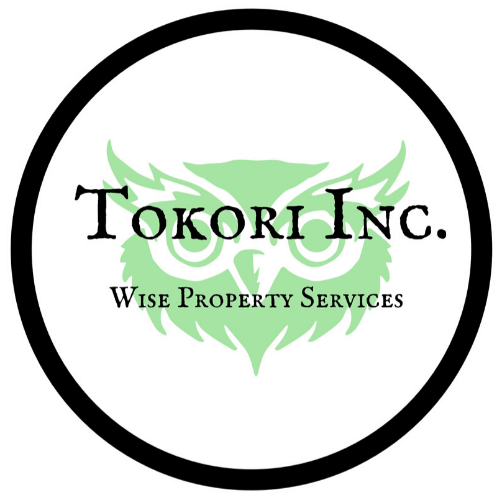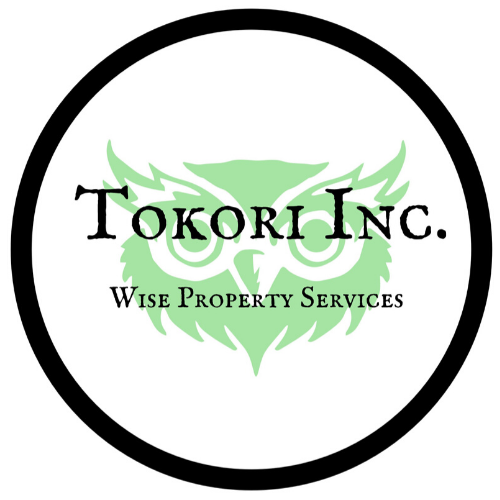Frequently Asked Questions
How do you detect mold inside a wall?
We are IAC2 certified and use Zefon® air sampling equipment. One of the attachments is an air sampling tube that can be inserted into wall spaces/cavities to collect spores that may be present, providing confirmation or lack of spores without having to remove a wall or create a hole. This reduces the amount of repair or remediation work typically required and can serve to provide additional peace of mind for the home's occupants.
Do you need a license to perform mold testing or remediation in Maryland?
No license is required to perform mold testing, but we recommend inspection and testing from a licensed home inspector with IAC2 certification. Remediation work can be expensive, so getting this right--the first time--is extremely important. Addressing the mold without properly identifying and correcting the problems that caused it is throwing away good money after bad. Any MHIC license holder can do mold remediation work--make sure the contractor you select is experienced and knowledgeable in all aspects of this process--ask for references from actual customers and demand to see before and after photos! We’re happy to help oversee your remediation project - contact us for pricing.
Is it a conflict of interest for a contractor to provide home inspections?
Yes and no. INACHI Standards of Practice and COMARs prohibit a licensed home inspector from making required repairs on a home they have been contracted to inspect for a period of one year following the date of inspection. So, if we are specifically hired to perform a home inspection for a home buyer, someone else has to be hired to actually correct the defects or make the repairs to the home (we will solicit repair proposals on your behalf, but there's no obligation and you may hire anyone you choose). Of course, the advantage hiring us provides is that we can write repair cost estimates w/in our reports--this information can be invaluable in renegotiations with sellers or in comparing the repair estimates from our referrals or any other general contractors or licensed tradesmen.
No. Every home needs maintenance. If we are performing residential repairs under an existing maintenance services agreement with an individual landlord or property or asset management company, we provide value added by pointing out additional deferred maintenance issues and defects that we discover while on the service call. This is not a conflict of interest and actually saves our mutual clients the additional cost of a separate service call in most cases. The peace of mind in knowing that the material condition of your residential asset is being reevaluated during every service call is why many of our clients keep us after our initial repair visit.
How much should an inspection cost?
It depends on what you want from your inspection--the focus and level of detail--as well as the type of home, its age, material condition, etc. Our inspections range from limited scope, such as a four-point inspection, to a fully comprehensive evaluation, with prices that reflect the level of effort required. A professional inspection can not be had for $200. So if that "referral" you were given is offering an unrealistic price, try to enjoy those savings when that roof starts leaking shortly after move in (or worse). Look at it this way, if you're going to spend decades paying for this property, doesn't it make sense to have a competent evaluation of its primary systems conducted by an experienced tradesman? As the old adage goes, "you get what you pay for, & being penny wise is oft times dollar foolish!"
Will a home inspection find all defects?
No. Inspectors must "do no harm" to the home or its systems and must conduct a non-intrusive, visual inspection of the home. We are not allowed to turn on systems that have been isolated or turned off for example. We can't knock a hole in the wall to check for mold, shake a corroded pipe to see if it will start leaking, try to see if our foot will go through that soft spot on the roof, vigorously shake the commode, etc. Also, some defects are deliberately hidden and are going to be impossible to discover underneath fresh paint, new carpet, extremely thick wall texturing, etc. Finally, we are looking for major defects. Most concrete is gray and it cracks; trim boards will come loose; door bells may operate intermittently. These are not major defects and you don't want me wasting time with this when I should be noticing the cute, cuddly termite colony just establishing itself in that dark corner of the crawl space or that evaporator coil that will finally give up the ghost on the hottest day of the year! The advantage you get when hiring me is that I've seen just about every way there is to hide defects--thanks to our contractor work with landlords and asset managers. We typically find things others miss because we know exactly where to look and why we need to look there.
How long should an inspection take?
As long as necessary to fully evaluate the home's major systems. Typically, they last 3-4 hours. Of course, more limited inspections will take less time. Keep in mind that if you're being told anything different, you're not getting a thorough home inspection. Oh by the way, one-hour home inspections are like unicorns and mermaids: I have yet to see a real one...
Questions You Should Ask Your Inspector
What is your license # ?
What construction or building trades experience do you have?
What professional associations do you belong to?
Do you have any special certifications?

